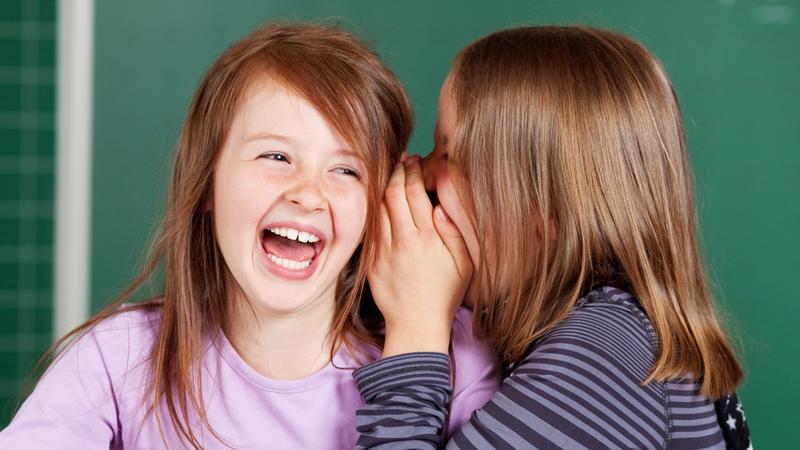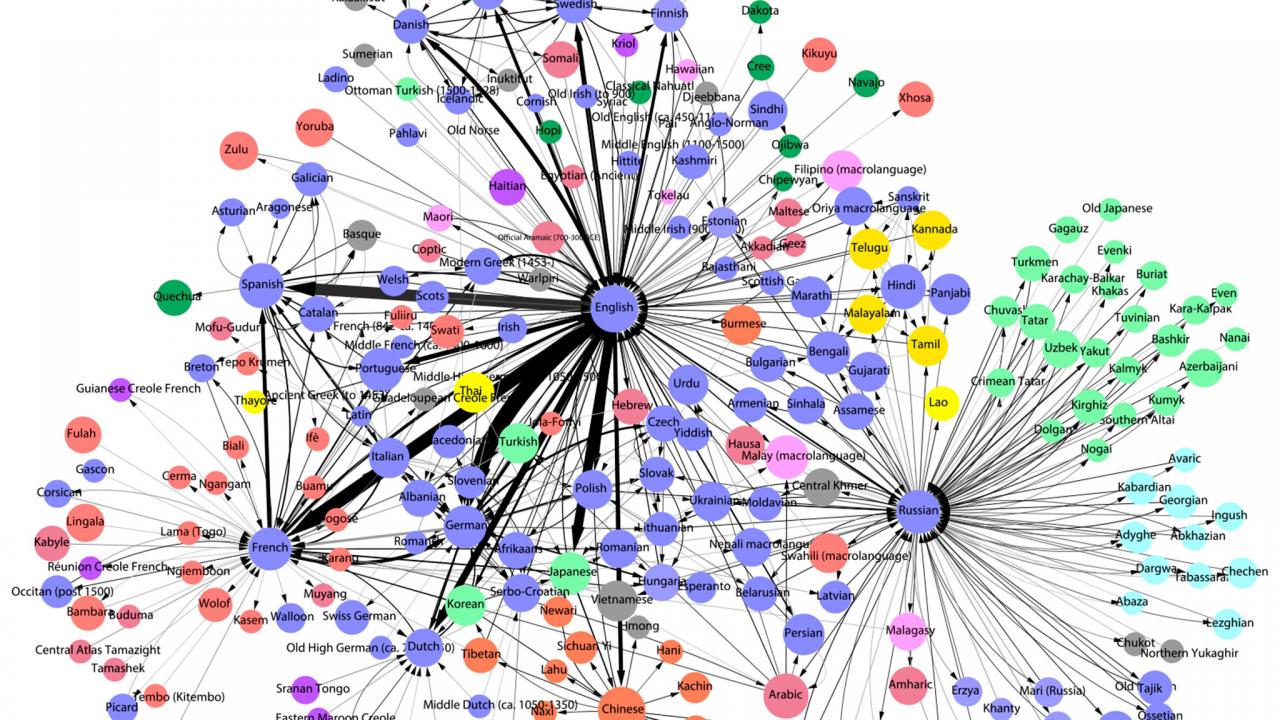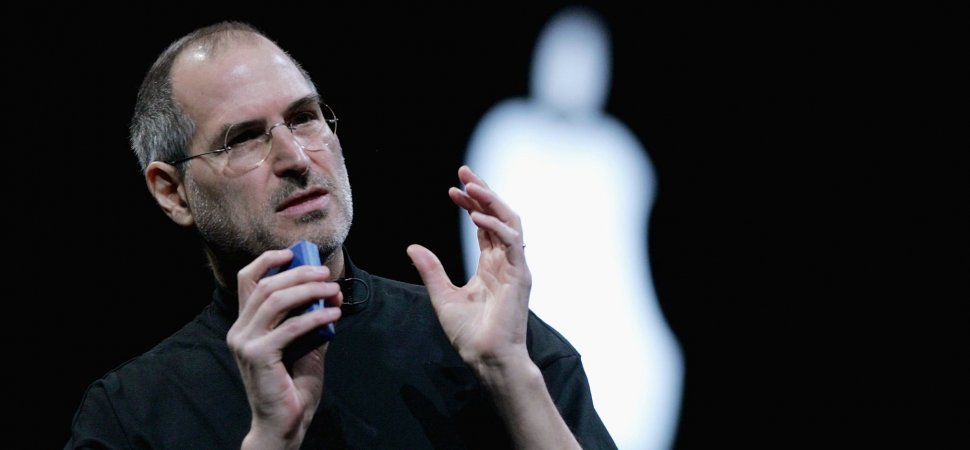Famous comedians have always had their go-to words. Woody Allen favors “feathers,” “herring,” “butter,” and “dwarf.” Mel Brooks enjoys the sound of “nectarine” and “Saran Wrap.” But how do we know that a word is truly, empirically funny?
Thanks to a 2017 study we didn’t know we needed, no one has to feel embarrassed for laughing at benign, goofy-sounding words again. This peer-reviewed research, published in Behavior Research Methods by University of Warwick researchers, identified the funniest words in the English language. To do this, the researchers presented 821 study participants with 4,997 common words. Each participant rated 211 words on a scale from 0 to 5 (most humorous), and the words with the highest mean humor rating rose to the top. Drumroll, please… here is the list, in order:
- Booty
- Tit
- Booby
- Hooter
- Nitwit
- Twit
- Waddle
- Tinkle
- Bebop
- Egghead
- Ass
- Twerp
In the study, there were some discrepancies in what different demographics found especially funny. Men tended to get giddy over the words bondage, chauffeur, raccoon, birthmark, and orgy. Women were tickled by the words jiggle, humbug, beast, circus, and juju. Age-wise, the younger participants like the words goatee and joint, while older people got a kick out of burlesque and pong. Hey, to each his own.







